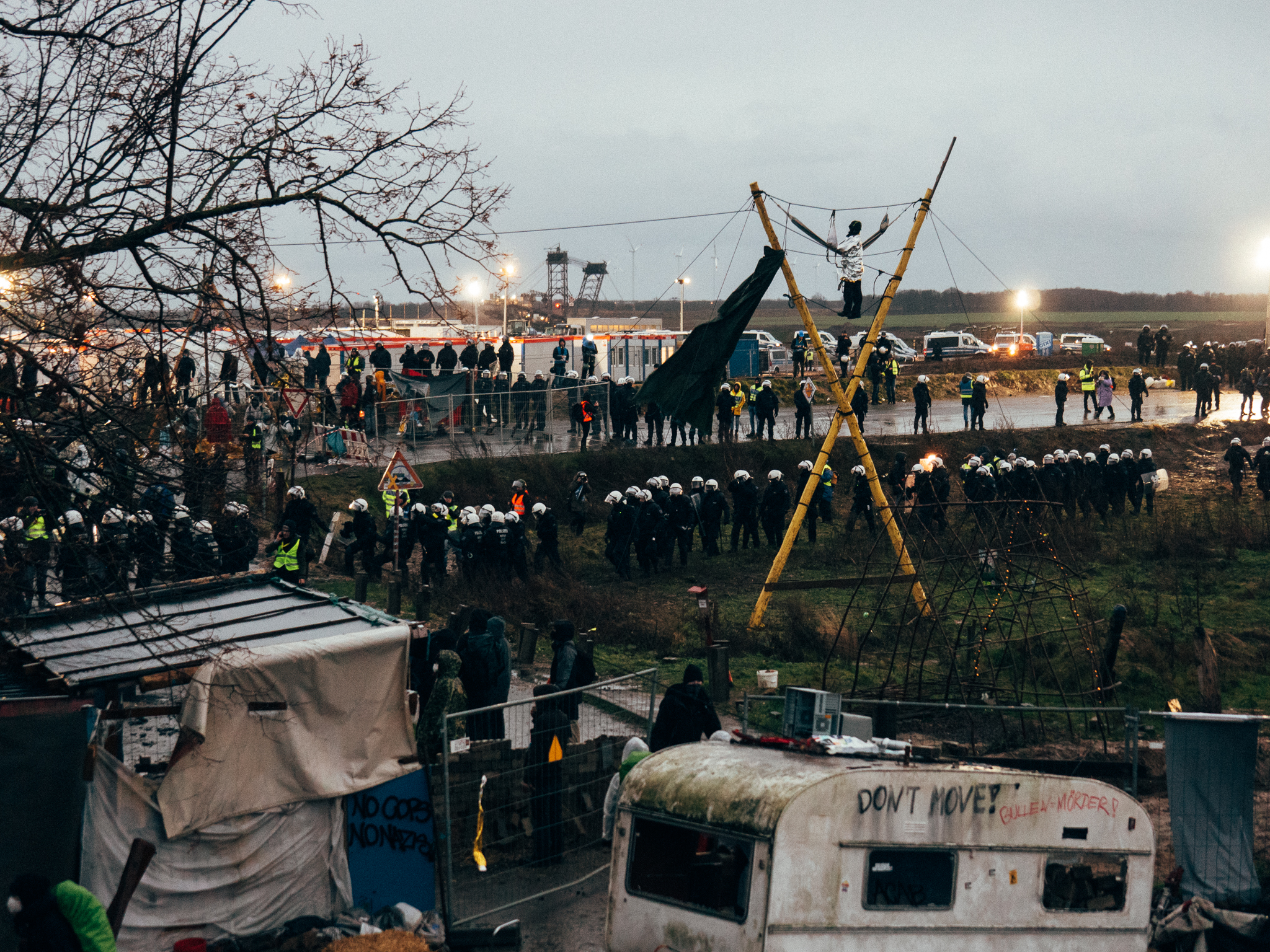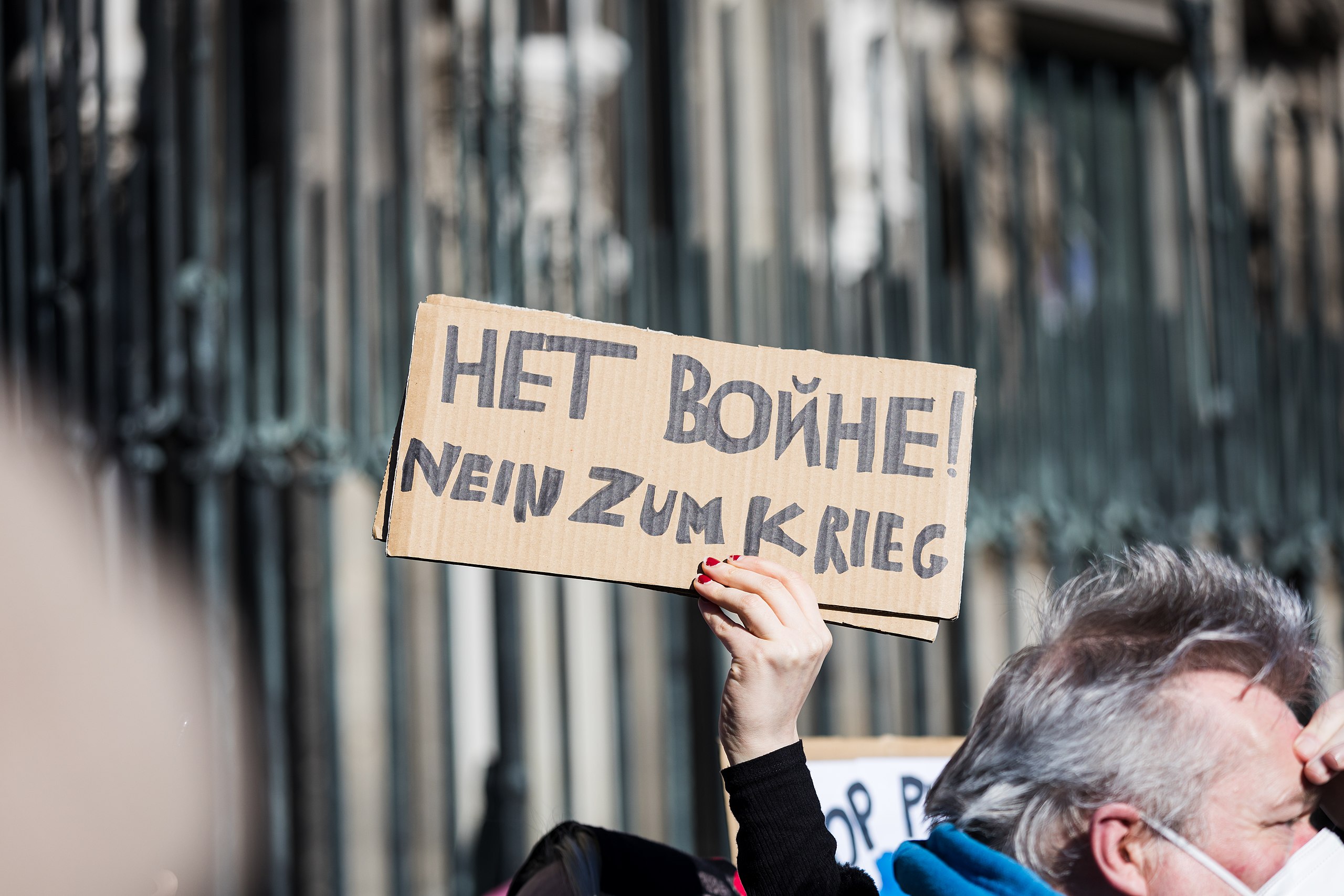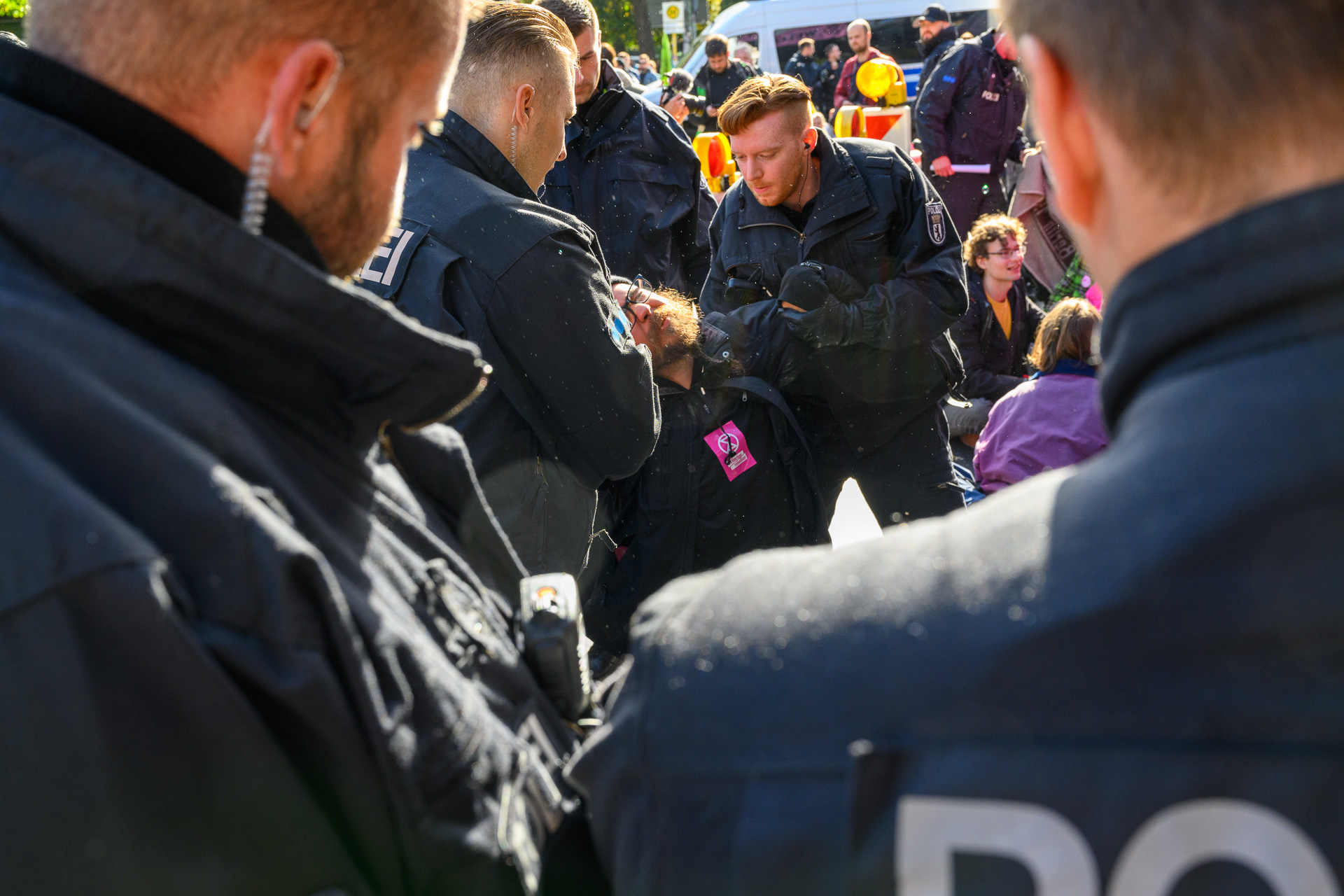Social Movements and Civil Society in Central and Eastern Europe. Historical Legacy and Current Trends, International Conference, Warsaw, 12. / 13. October 2019
Download Call for Papers (pdf, 1 MB)
Social movements and civil-society activism have a long tradition in Central and Eastern Europe (CEE). The best example is Solidarność, which can be considered one of Europe’s most influential modern social movements. Despite the important impact that impressive mass mobilization – not only in Poland – had on the end of Communism, since the collapse of the Communist regime, civil societies in CEE have been considered lethargic. There is a smaller number of NGOs than in the so-called Western societies and they have attracted few members. Furthermore, general opinion polls show a population that is reluctant to engage either socially or in nonconventional political activities. However, it has become increasingly clear in recent years that this commonsense perspective on the passivity of civil societies in CEE does not provide a complete picture. This is particularly true when politically controversial decisions lead to mass mobilization on the streets. We could point out here the demonstrations against corruption in Bucharest in January 2017, or the Budapest demonstrations against the closing of the Central European University in April 2017. We could also refer to the anti-government demonstrations that followed the change of government in Poland in 2015. Last but not least, students in East Central Europe also took part in the Fridays for Future demonstrations on a large scale. These are only the most visible signs of recent activism. In the so-called ‘transformation societies’, there are many people involved in activism at the local level and often in informal contexts. However, due to a lack of formal legal organization or simply because of their (right-wing, conservative) political orientation, they have rarely been taken into consideration (such as the PiS-affiliated Kluby Gazety Polskiej or the FIDESZ-affiliated Polgárikörök).
The conference aims to take a closer look at these phenomenona and to offer different empirical perspectives (based on narrative interviews, protest surveys, protest event analysis etc.), not only beyond progressive and formalized movements but also to uncover little explored lines of development, as well as fractures in the engagement of social activism in CEE.
The conference will focus mainly on the specificity of social movements and civil societies in post-communist Europe and address, among others, the following questions:
- What role do historical legacies play for current activism in CEE?
- How and why does civic activism differ in CEE from that in Western Europe?
- What role do social movements play for the quality of democracy in CEE?
- How are they intertwined with illiberal tendencies?
- What kind of imageries and visual representations do certain movements use?
- How do social movements mobilize people for their aims?
- What methodological challenges do we encounter in CEE?
Potential contributions can include all kinds of activism (progressive and regressive). We welcome researchers from the social sciences, political science, history, cultural studies and related fields.
The conference will take place in collaboration with the Institute of Philosophy and Sociology of the Polish Academy of Sciences (IFiS PAN), the Graduate School for Social Research (GSSR), the Expert Commission for Economic and Social Studies of the Herder Research Council, the Institute for Social Movement Studies (ipb), and the Chair for Central and Eastern European Studies (TU Chemnitz). The language of the conference is English.
Abstracts should not exceed 250 words and should be submitted by August 15th to:
socialmovementsCEE(at)gmail.com
Due to the generous funding of the Herder Research Council and the Chair for Central and Eastern European Studies, we are able to offer accommodation for a limited number of participants. Should you be interested in funding, please inform us in your application.
Conference organizers:
Piotr Kocyba , Małgorzata Łukianow
Institute of Philosophy and Sociology of the Polish Academy of Sciences & TU Chemnitz
Photo: Iga Lubczańska (cc by 2.0 via Flickr)



